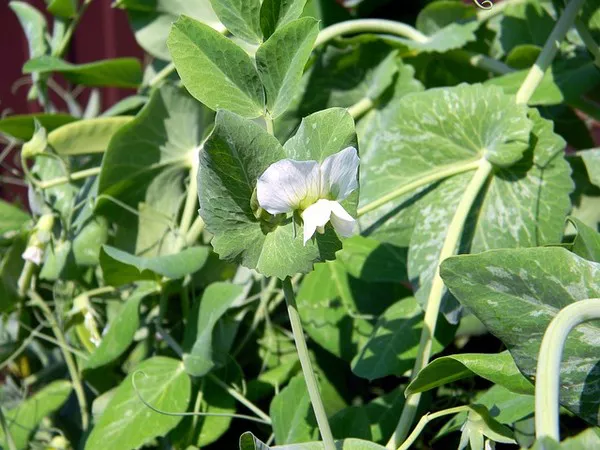Researchers at the University of Cologne’s CECAD Cluster of Excellence for Aging Research and the CEPLAS Cluster of Excellence for Plant Sciences have made significant progress in developing a therapy for neurodegenerative diseases, with a specific focus on Huntington’s disease. In their study, “In-planta expression of human polyQ-expanded huntingtin fragment reveals mechanisms to prevent disease-related protein aggregation,” published in Nature Aging, they demonstrated how a synthetic enzyme derived from plants, known as stromal processing peptidase (SPP), can effectively reduce the clumping of proteins associated with Huntington’s disease in human cells and the nematode Caenorhabditis elegans.
Huntington’s disease is part of a group of neurodegenerative disorders called polyglutamine (polyQ) diseases. These conditions are characterized by an excessive number of polyQ repeats in specific proteins, which can lead to the aggregation of proteins, cellular dysfunction, and ultimately cell death. Currently, there is no cure for these disorders, and Huntington’s disease, in particular, leads to severe brain deterioration, affecting thinking, behavior, emotions, and movement.
What sets this research apart is the unconventional approach taken by the scientists. Instead of focusing solely on human or animal models, they turned to plants for insights. Plants exhibit remarkable resilience to environmental stressors and do not experience protein aggregation diseases, despite expressing hundreds of proteins containing polyQ repeats.
To investigate how plants handle toxic protein aggregation, the researchers introduced the mutant huntingtin protein, known to cause cell death in human neurons, into plants (Arabidopsis thaliana). Astonishingly, the plants actively removed huntingtin protein clumps, preventing harmful effects. Using synthetic biology, the researchers then transferred this ability from plants to human cells and animal models of Huntington’s disease.
The study revealed that chloroplasts, plant-specific organelles responsible for photosynthesis, played a crucial role in preventing toxic protein deposits in plants. The chloroplast plant protein SPP was identified as the key factor responsible for this protective mechanism. When the researchers produced the plant SPP in models of Huntington’s disease, such as human cultured cells and nematode worms, it reduced protein clumps and alleviated disease symptoms.
These findings open new avenues for potential therapies for Huntington’s disease and other neurodegenerative disorders. By harnessing plant-derived proteins like SPP, researchers aim to develop novel treatments that can prevent or mitigate the progression of these devastating diseases.
The researchers believe that plant research can provide valuable insights into treating human diseases, particularly those related to protein aggregation. They emphasize that plants’ ability to thrive in extreme environmental conditions should not be underestimated and can serve as a model for aging research and the development of innovative therapies.
The next steps involve exploring SPP as a potential therapy for Huntington’s disease, and the researchers are considering founding a start-up to produce plant-derived therapeutic proteins for further testing and application in treating neurodegenerative diseases in humans.


